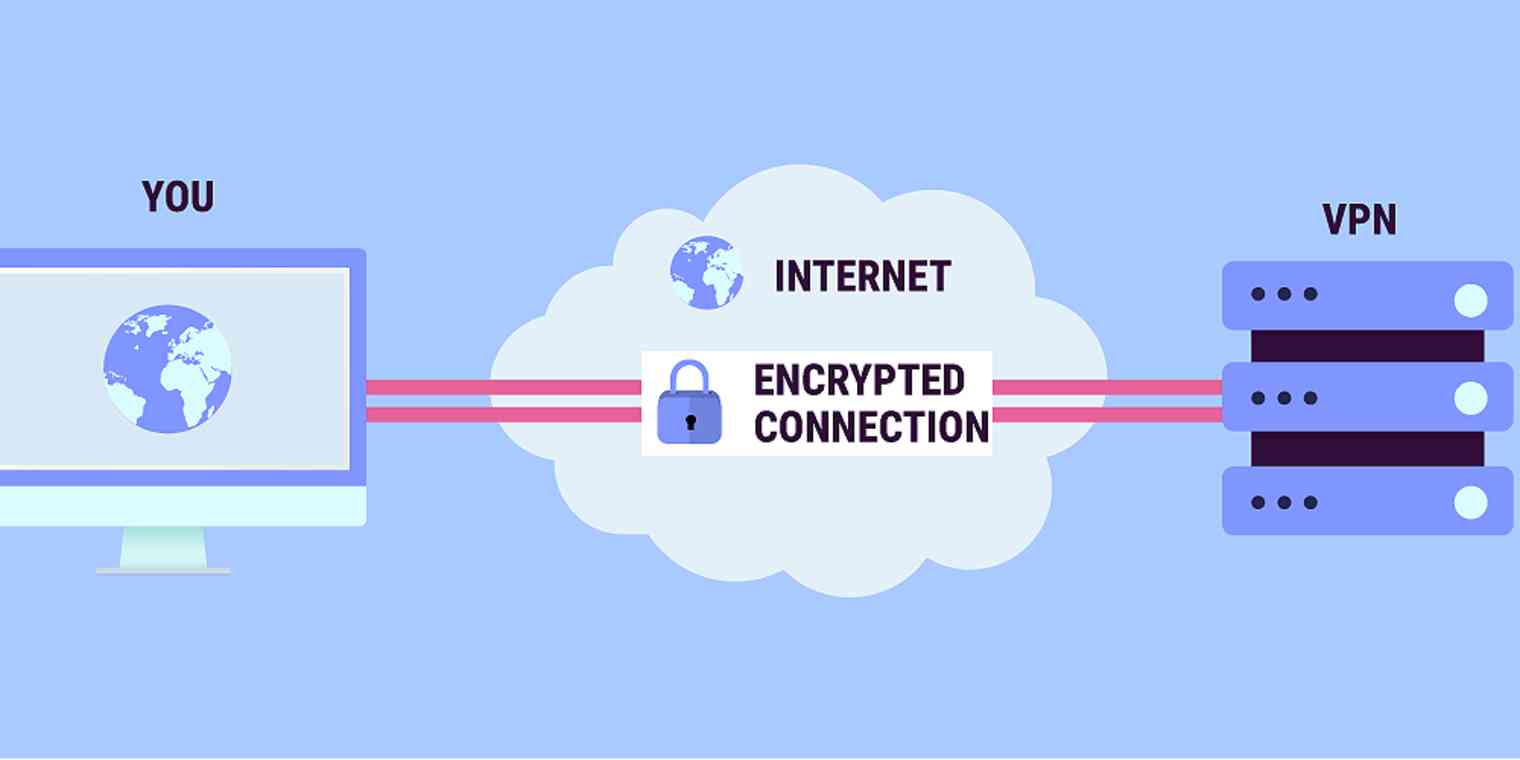VPN: Not just for work anymore
Categories: Best Practices Cyber Security Awareness Month End Users Information Security
As technology evolves and organizations adapt, our workplace environments have changed so that working remotely – outside the organization’s office space – is now more common and acceptable for both the employer and the employee. When you work from your office at the business’ headquarters, you usually have (hopefully!) IT staff and infrastructure who work to keep your information private and secure. You also may have secured access to on-premise resources such as shared network drives to store documents or a private web portal to access work resources such as SharePoint. But when your office is remote, or mobile, accessing these technologies can be challenging. Using a VPN (Virtual Private Network) becomes a critical link to these resources and is necessary to keep our digital identity and our data safe and secure.
 https://zapier.com/blog/what-is-a-vpn/
https://zapier.com/blog/what-is-a-vpn/
So what is a VPN?
Basically, a VPN is a tool you use on a computer, smart phone, or tablet that helps keep your information secure when your device is connected to a network. It acts as a tunnel between you and your VPN provider to encrypt the information sent over the network. This encryption makes it difficult for people and companies to capture – steal – your information.
How do I get a VPN?
At Oklahoma State University, OSU Information Technology offers a VPN that should be used when your device is outside the campus network and the device is connecting to campus resources or exchanging information with campus resources. You can access this VPN at https://osuvpn.okstate.edu/. This VPN not only encrypts data but it allows your device to access on-campus digital resources. Note that this VPN does not encrypt network traffic (data) between your device and sites outside the okstate.edu domain.

But what about for personal use?
Perhaps you have been using a VPN to connect to work-related resources but what about for personal use at home and when abroad? On your home network the risk of someone snooping and intercepting your data is low but you are still vulnerable as your ISP (Internet Service Provider) can track your activity and, possibly, share the information with other companies. When you visit a coffee shop, airport, or business and they offer WiFi you may be tempted to connect to their wireless network. These networks can have many users and some may be attempting to track your activity, capture information and note your location. A VPN does more than connect you to resources and encrypt your internet traffic: the VPN can hide your location. Especially at these locations, using a VPN is critically important.
There are quite a few companies who offer VPN services and most VPNs must be purchased. I include links, below, to resources and VPN providers. You are encouraged to do research and find out which one works best for you. They offer comparison charts where you can see pricing and features. Take advantage of some of their free trials. To help you decide do some testing by connecting to common websites and evaluating network speeds. If you have questions, feel free to talk to us in DASNR Information Technology.
More Information and Links:
The Best VPN Services for 2021 | PCMag
Best VPN service of 2021 – CNET
VPNs: should you use them? – Malwarebytes Labs | Malwarebytes Labs
⮕ What is a VPN? Virtual Private Network Benefits | NordVPN
https://www.mozilla.org/en-US/products/vpn/
https://www.mozilla.org/en-US/products/vpn/more/what-is-a-vpn/